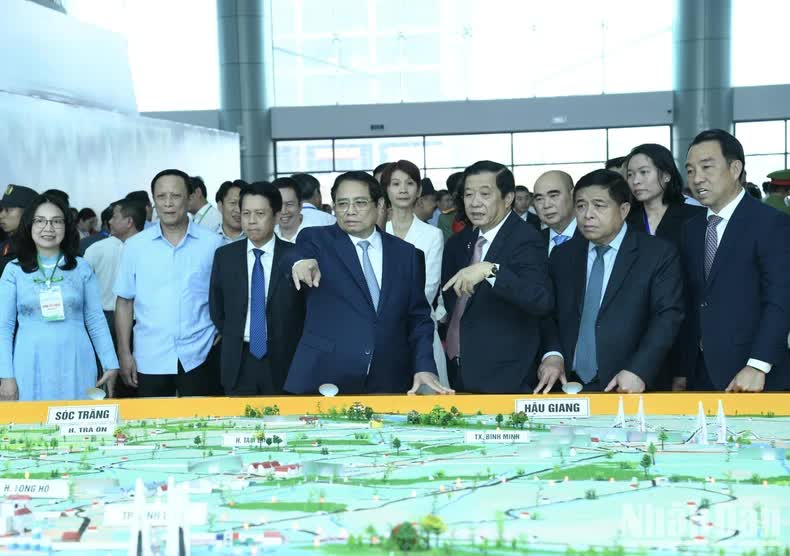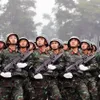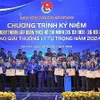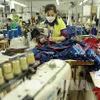Vinh Long needs to fully tap potential to become modern, ecological province: PM
Speaking at a conference announcing the province's master plan for 2021-2030 with a vision to 2050, PM Chinh highlighted Vinh Long's strategic location between Ho Chi Minh and Can Tho cities, saying that it is convenient for both road and waterway transportation. As the country's leading food producer, the province holds vast potential for developing rice, industrial crop and fruit cultivation, catering to both domestic and export markets. Tourism development was also mentioned as a promising avenue.
He suggested that Vinh Long should develop hi-tech agriculture; historical, cultural and ecological tourism; and industries in service of agriculture and rural areas.
Focus should be given to emerging sectors such as green transition and digital transformation, circular and knowledge-based economies, with innovation as a key driving force, he said, underscoring the importance of public-private partnerships, administrative reform and greater solidarity for local development.
Aligning with Vietnam's national focus on green growth as a core of economic restructuring, PM Chinh stressed the need for Vinh Long to further invest in transportation and urban infrastructure, education and training to develop a skilled workforce; enhance the capacity of climate change adaptation, natural resource management and environment protection.
He believed that investment projects will bring significant benefits if conducted in the spirit of "harmonising interests, sharing risks”, contributing to the overall local economic development.

PM Pham Minh Chinh checks a model of Vinh Long's master plan (Photo: NDO)
The leader took the occasion to ask ministries and agencies to work closely with Vinh Long to improve its business environment and help firms save costs.
The event also witnessed the provincial authorities granting in-principle approvals, investment certificates, and memoranda of understanding for 13 projects with a total capital topping 19.6 trillion VND (816 million USD).
Under the approved master plan, Vinh Long aims to become a hi-tech agricultural and ecological hub in the Mekong Delta by 2030. The plan envisions a province boasting a modern infrastructure system in sync with the region.





